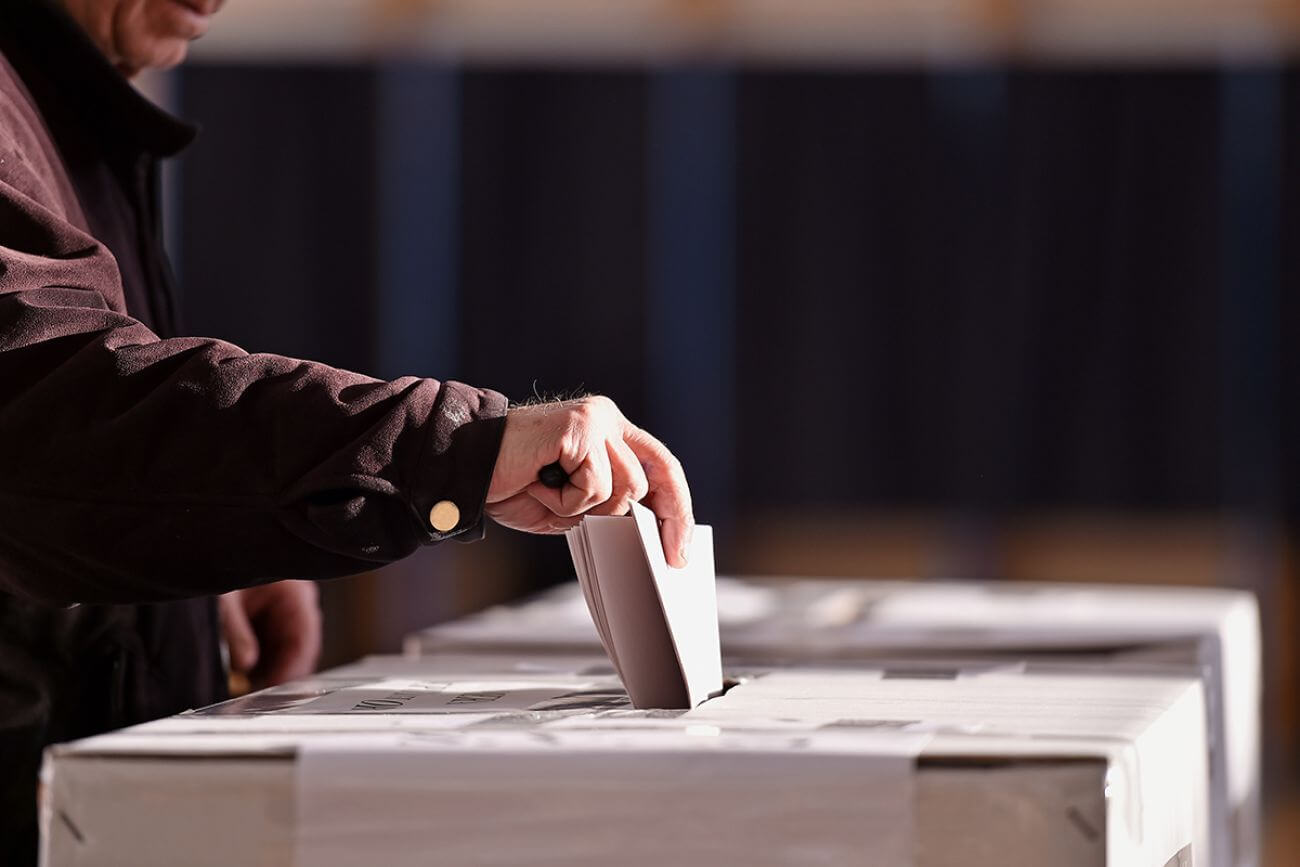Proposition 27, which permits sports gambling companies to engage in mobile betting in collaboration with a Native American tribe, was opposed by 84% of voters. Initial surveys indicated a decline in public support for such activities.
Despite a Supreme Court ruling in 2018 that opened the door to legalization, thirty other States have passed various forms of sports betting legislation.
According to predictions, the sports betting industry in the US is expected to reach $12.8 billion by 2025. Renowned online sports gambling platforms such as FanDuel and DraftKings played a crucial role in getting Prop. 27 on the ballot. This proposition aims to generate significant state revenue, estimated to be several hundred million dollars annually, to combat homelessness. Notably, three tribes have already shown their support for this proposition.
Following the backlash faced by Prop. 26 for including provisions that would have placed card rooms, which compete with tribal casinos, under pressure, the response to Prop. 27 has been observed.
California’s casinos, transformed into multi-billion-dollar industries by Native American tribes, have failed to adequately benefit internal tribal government services or philanthropic endeavors. However, they have successfully strengthened tribal political influence in Sacramento.
Beth Glasco, vice-chairwoman of the Barona Band of Mission Indians, emphasized that the corporate operators made a grave miscalculation by assuming they could easily gain influence in California by using their financial resources to deceive voters. She further noted that voters in California possess intelligence and discernment, enabling them to see beyond the deceptive assurances presented in Proposition 27.
Retiree Jackie Elmendorf, who occasionally enjoys visiting casinos, expressed concerns about the accessibility of gambling, stating that it poses a significant danger to individuals with gambling problems as it becomes highly alluring to them. Despite her personal interest in casinos, she voted against Prop. 27.
In an attempt to reach a stronger agreement, certain tribal leaders are considering revising a revenue-sharing deal between tribes involved in gambling and those not involved. The aim is to achieve a higher level of consensus. According to I. Nelson Rose, a retired professor of gambling law at Whittier College, the prospect of California sports betting is attracting significant attention from various political figures. He believes that despite potential defeat in the polls, this issue will not disappear, as it represents a multi-billion-dollar opportunity that will require substantial financial investments.


